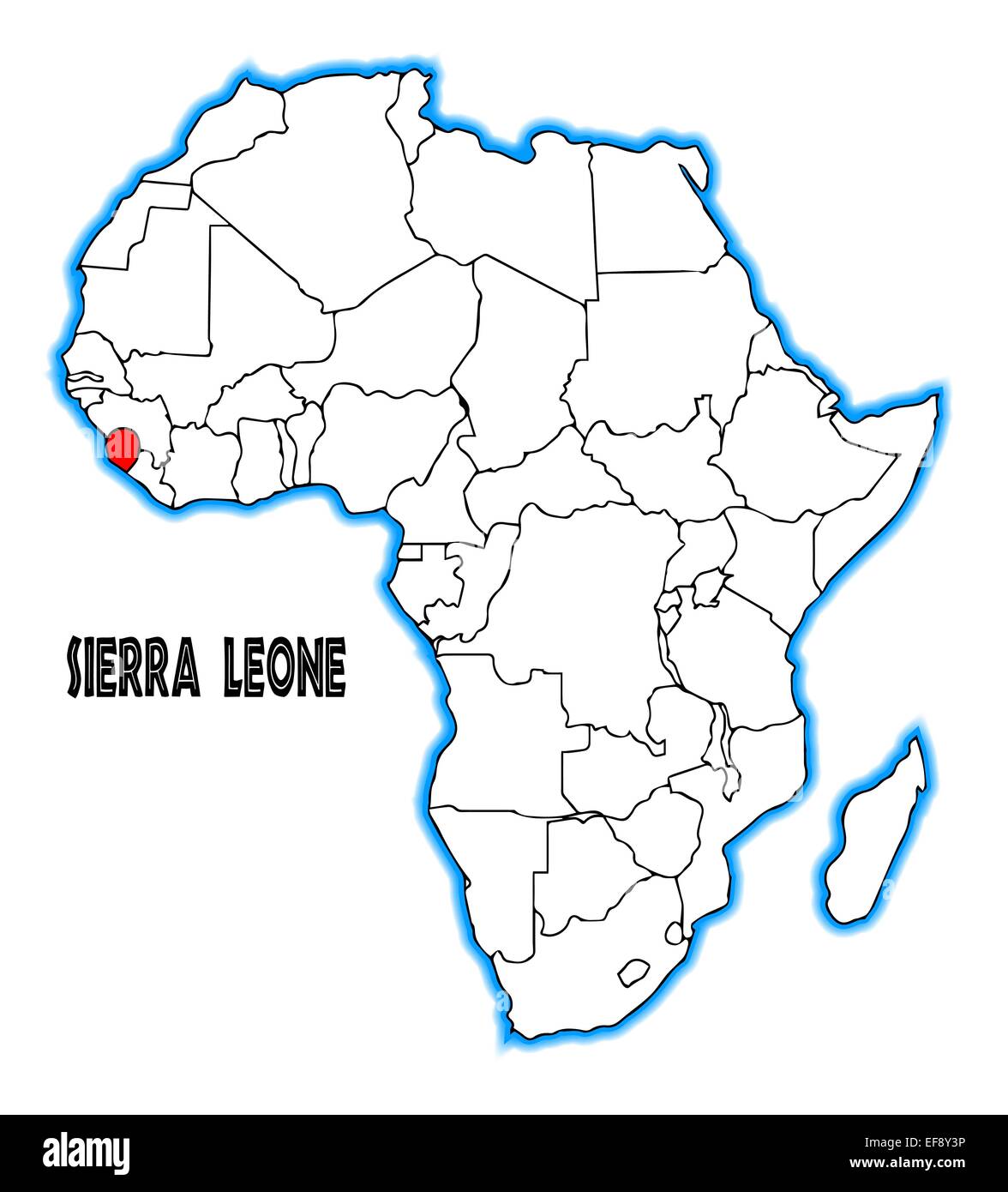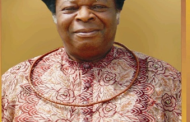By Yusuf Bangura
Sierra Leone was elected into the UN Security Council June 6th, 2023. That is as a non-permanent member.
The UN Security Council is composed of 15 members—five (US, Russia, China, Britain and France) are permanent members; and 10 are non-permanent members.
The 10 non-permanent members are elected by the General Assembly and serve for two years. The seats are allocated according to region. Africa has three seats.

The veteran’s veteran, Tanzania’s Salim Ahmed Salim with the late Kofi Annan, Ghana born UN Secretary-General in the 1990s
Since 1946, 44 African countries have been elected to serve in the Council. Only nine countries haven’t been elected so far: Lesotho, Eswatini, Comoros, South Sudan, Malawi, Seychelles, São Tomé and Principe, central Africa Republic and Eritrea.
Nigeria and Egypt have been elected five times; Algeria, Gabon, Ghana and Tunisia four times; and Côte d’Ivoire, Ethiopia, Kenya, Morocco, Senegal, South Africa, Uganda and Zambia three times.
Sierra Leone and 15 other countries have been elected twice. Sierra Leone was first elected to the Council in 1970.
The five permanent members have veto powers and control the affairs of the Council. Aid dependent countries that serve as non-permanent members in the Council generally lack clout or a real foreign policy. They are largely pawns in the strategic calculations of the permanent members.
The only time an African state made waves in the Security Council was in the 1970s when Tanzania’s Permanent Representative, Salim Ahmed Salim, pursued an activist, anti-imperialist and pro-Africa policy, and played a lead role in the admission of China to the UN. That cost him the job of the UN Secretary General when he contested for it against Kurt Waldheim in 1981. He had more votes than Waldheim in the first round of voting but was vetoed by the US and opposed by the Soviet Union (the latter because of his support for China).
Africa’s membership of the Security Council will only be meaningful when the current multiple beggar states are transformed into mega states.




























